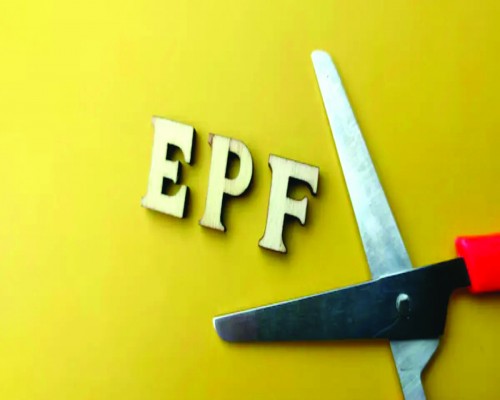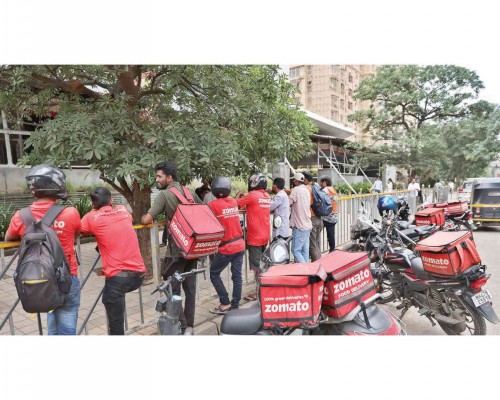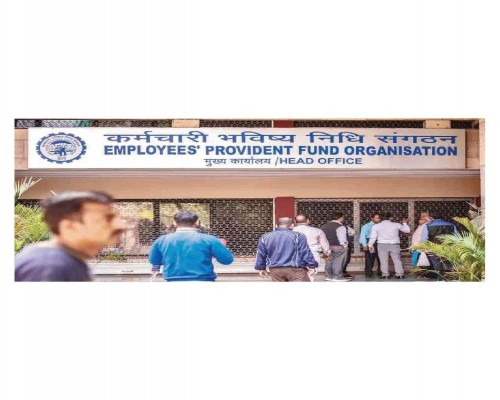Recovery of EPF Dues: Statutory Provisions

Dr,MK Sharma
Assistant PF Commissioner (Retd.)
The Employees' Provident Fund Organization (EPFO) relies on the machinery of the state government to recover EPF and other dues arrears under the Employees' Provident Funds and Miscellaneous Provisions Act, 1952.
Legal Framework:
- Amendment Act 33 of 1988: Section 8 to 8G was inserted to create an independent recovery mechanism akin to Income Tax Certificate Rules.
- The provisions were made effective from 1st July 1990 (Notification No. S.O. 531(E)).
Authorities for Recovery:
- Recovery Officers: Appointed under Section 8B(1).
- Central Provident Fund Commissioner (CPFC) or any other officer authorised by the Central Provident Fund Board under Section 8F(1).
Powers of Recovery Officers:
- Every Recovery Officer under the EPF Act is deemed to act judicially within the meaning of the Judicial Officers Protection Act of 1850.
- Recovery Officers shall have the powers equivalent to those of a civil court.
Modes of Recovery:
- Attachment and Sale: Movable or immovable property of the establishment or employer can be attached and sold.
- Arrest and Detention: The employer can be imprisoned and detained.
- Appointment of a Receiver: A receiver can manage the employer's movable or immovable property.
Forms Used for Recovery: Forms numbered 1 to 8 are used in recovery procedures.
Amounts Recoverable:
- Interest: Interest is recoverable from the date of issue of the recovery certificate.
- Amount of Dues: The principal amount due.
- Costs and Charges: Any admissible costs and charges associated with the recovery process.
- Penalties: Any penalties imposed, if applicable.






















